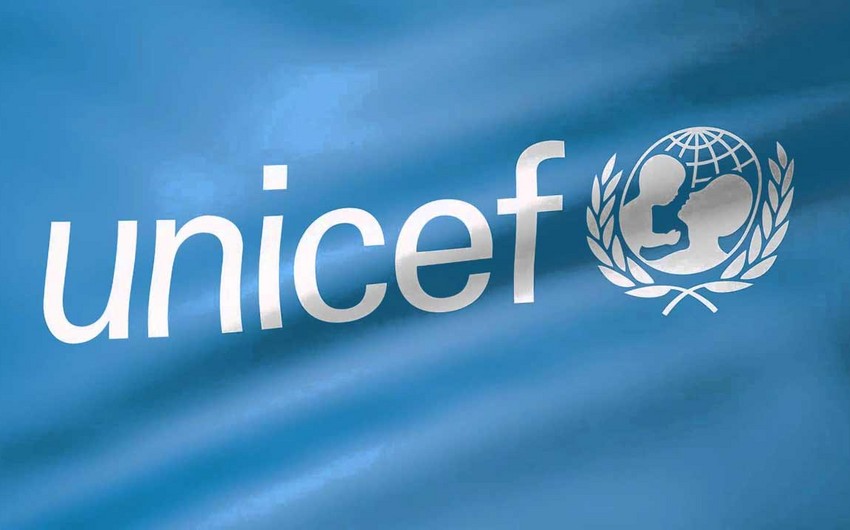Baku. 11 August. REPORT.AZ/ “I think one of the key achievements has been the recognition by the government of the importance of basic investment into child services. We see that, for example, in vaccination programs here. Several years ago, the government still required additional funding abroad but now all main childhood vaccination programs are fully funded by the government," Report informs, the UNICEF representative Edward Carwardine told Report.
He also touched upon the fight against female anemia which is caused mostly by lack of iron in the diet. "We know, by introducing iron supplements to flour production, this can quickly and effectively increase the iron consumption by women. We had positive discussions with the Ministry of Health and Milli Mejlis. I am very confident that by the end of the year, we will start the implementation of the program which will have a huge impact on the health of mothers."
Edward Carwardine also noted that significant development had been achieved in iodization of salt. “Azerbaijan now has the 100% of salt supplemented with iodine which is important for children's mental development.”
Speaking about the education field, the UNICEF representative expressed satisfaction with the fact that the higher school enrollment is almost 100%. “If children have a period of preparations, they can achieve better results. This year, we have worked with the Ministry of Education on the pre-school preparation program for the 5-year old children. That involved training teachers for a special set of classes for the youngsters, new curriculum, new methodologies, and then bringing these youngsters into the school. And the government has publicly stated that they want to see 90% of these 5 years old children in this program in over than next 5 years.”
Moreover, Edward Carwardine highlighted the importance of early identification of disabilities in children and their integration in the school education. Over the last year, we have been working in partnership with the Ministry of Health and also the University of Ankara to train 80 pediatricians to identify possible disabilities. Early action will minimize the impact. Last year, in Baku, we worked with the Ministry of Education on a program in four schools where again, through the training of teachers, developing of new curriculum, the adaptation of classroom teaching practices, we have managed to bring a number of children with disabilities into regular classrooms, sitting alongside other students in primary level, learning the same lessons. It is a great way to bring children together. However, four schools in Baku are not enough. We need to expand that program, so that every child with disability could learn in a regular classroom. I really hope we will continue this successful pilot program with the Ministry of Education and see its expand nationwide,” he underscored.


 https://static.report.az/photo/49dc3ae4-1afd-49cd-888c-dd0da40f02e9.jpg
https://static.report.az/photo/49dc3ae4-1afd-49cd-888c-dd0da40f02e9.jpg

